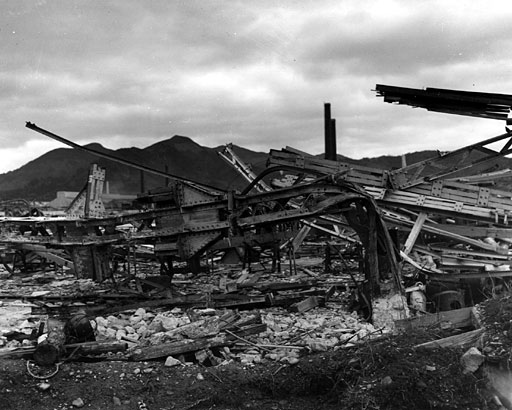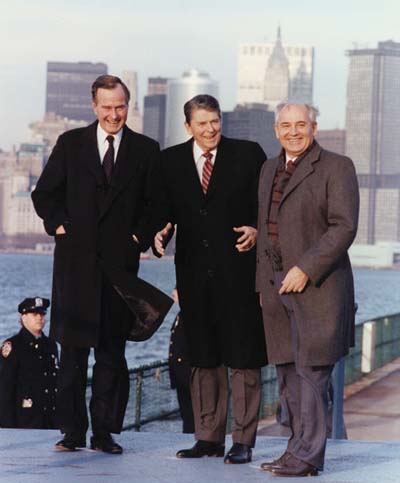
TEHRAN (IRNA December 13 2008) -- Foreign Ministry spokesman advised Britain government to end its double standards and selective policies toward nuclear disarmament.
Responding to the recent claims of British Foreign Secretary David Miliband concerning Iran's nuclear issue, Hassan Qashqavi advised the UK government to implement its obligations upon Non-Proliferation Treaty (NPT) and take practical steps towards world nuclear disarmament. ""As a matter of fact, Miliband's stances mean the UK is escaping from implementation of NPT, while accusing others to deceive world public opinion,"" Qashqavi said.
Concerning Miliband's claims about reduction of 20 percent of the UK military nuclear capability in the past 12 months, Qashqavi said, ""British government, by storing 190 to 200 nuclear warheads in its arsenal, is trying to modernize its nuclear infrastructure so that it can promote its weapons qualities to make up for its old warheads. David Miliband in an article published on December 9, 2008, in some British newspapers talked about UK government's obligations for multilateral nuclear disarmament and preventing what he called Iran's proliferation of nuclear ability. More >>>













